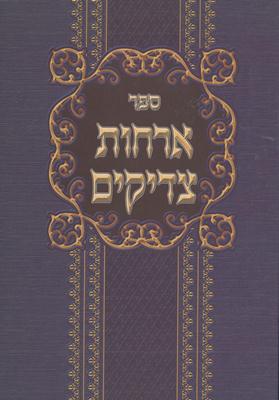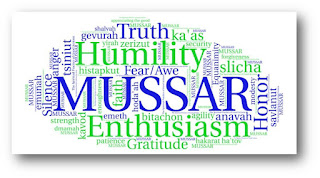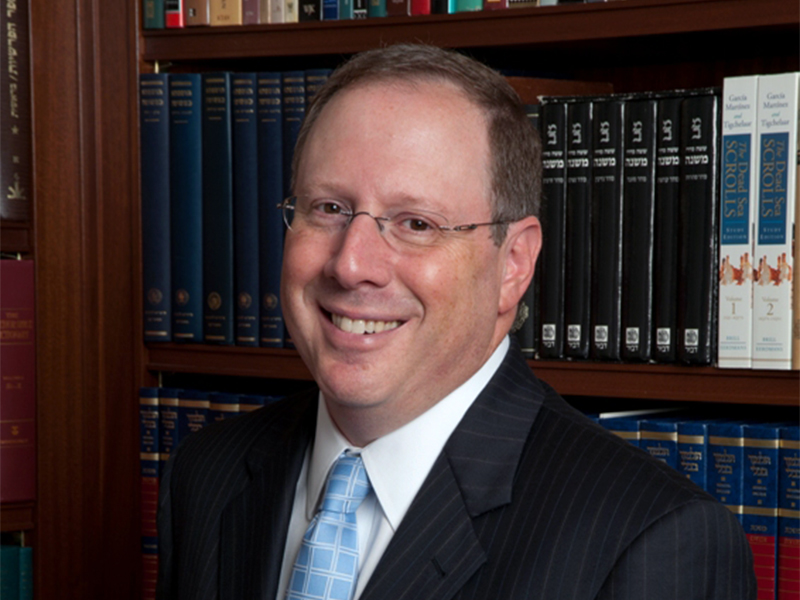Last week I attended a public hearing in my hometown of Newton, Massachusetts. The gathering was extremely well-attended. It also revealed some of the deep fractures in our community, and our nation in these times. The hearing was convened by our School Committee in response to a citizens’ petition alleging that the curriculum in our public high schools contains bias, as relate to anti-Semitic and anti-Israel teachings. This hearing comes after seven years of attacks and allegations. The auditorium, in which last week’s hearing was held, was filled to overflowing with hundreds of attendees, representing all sides of the controversy.
Everyone who signed in requesting a speaking slot at the beginning of the evening was granted up to 3 minutes in which to make their comments. Time was kept with a timer on a large screen behind the School Committee members so that all could see that each speaker was granted his or her allotted time. I was grateful that the school committee patiently sat and listened, while each person who asked to speak took their place at the microphones at the front corners of the auditorium.
I write not to affirm nor criticize any of the speakers, or the groups who had organized on various sides of the matter. I surely have my feelings, and indeed, I was one of the speakers at the hearing. But as I reflect on last week’s forum, I am reminded of a saying I learned several years ago. Those who know me are familiar with the fact that I am often inspired by things I see around me which might otherwise pass unnoticed. One such source of inspiration comes from bumper stickers I see on cars as I traverse the highways and byways of our communities. Several years ago I spotted one such bumper sticker which became the focus of an entire Yom Kippur sermon. It read: “Don’t Forget Who You Always Wanted to Be!”
In the days following last week’s hearing, I recalled another bumper sticker which I noticed almost a decade ago. Frankly, I had forgotten about it until searching for some older writings I know I had from several years back. In my search, I turned up a piece which I had started to compose, but had set aside and marked “Not Used.” As I read the fragment I realized that the message I’d seen almost a decade ago still speaks to me as I reflect on last week’s hearing. It was a bumper sticker I had noticed not while my car, but rather in one of the many coffee houses, I visit in the Berkshires each summer. The establishment in which I noticed this sticker had an entire wall of such stickers, from which there were quite a few that caught my attention. I remember thinking at the time, oh boy, lots of sermon ideas. However, on that occasion, I only made note of one whose message summed up a lot of my thinking over the course of that summer. Now, almost a decade later, it still strikes me as relevant – and important. Its simple message: “Don’t believe everything you think.”
Part of what made last week’s public forum an important event for me was that every speaker was afforded the same allotment of time, irrespective of his or her viewpoint. This was an important exercise in public discourse and a civil, democratic community. Certainly, there was a broad spectrum of viewpoints, as there is in just about every corner and on every subject in our society in 2018. But that bumper sticker I noted almost a decade ago, and my studies of the Jewish Spiritual practice of Mussar – especially as they regard the soul traits of humility (anavah) and truth (emet), taken with the simple message of that bumper sticker. In a pluralistic society, where we are afforded freedom of thought and freedom of expression, we must never take for granted the right to speak forthrightly our opinions. At the same time, it is extremely important that we not confuse our opinions – nor our interpretation of what we consider fact – to be the absolute truth. There was a point in last week’s hearing in which one speaker asked why the School Committee was not listening to the “truth.” As I listened and considered the speaker’s viewpoint, as well as the one I had presented, I realized that my words were just that – my words, my opinion, my interpretation. Certainly, I believe that I am attempting to read everything honestly and with a clear mind, so I can speak what I believe is true. But we are limited beings, with limited capacity to know the truth. I believe there is such a thing as absolute truth. But I am guided by the teachings of the 12th century Jewish legal and philosophical master, Moses Maimonides when he cautions us that as human beings our capacity to “know the truth” is limited by our human qualities. We can pursue the truth, but our limitations prevent us from ever absolutely attaining it with certainty.
The saying, “Don’t believe everything you think!” is, for me, not merely a catchy phrase on a bumper sticker. It is a call to honest reflection. It is a challenge to acknowledge that our knowledge and understanding are colored by the lenses through which we see the world. We must approach sharing our “knowledge” and understanding with humility and respect for the very real likelihood that there is a larger truth we may not fully comprehend. We all need this perspective in our contentious, fractured reality as we close out 2018 in anticipation of 2019.






































